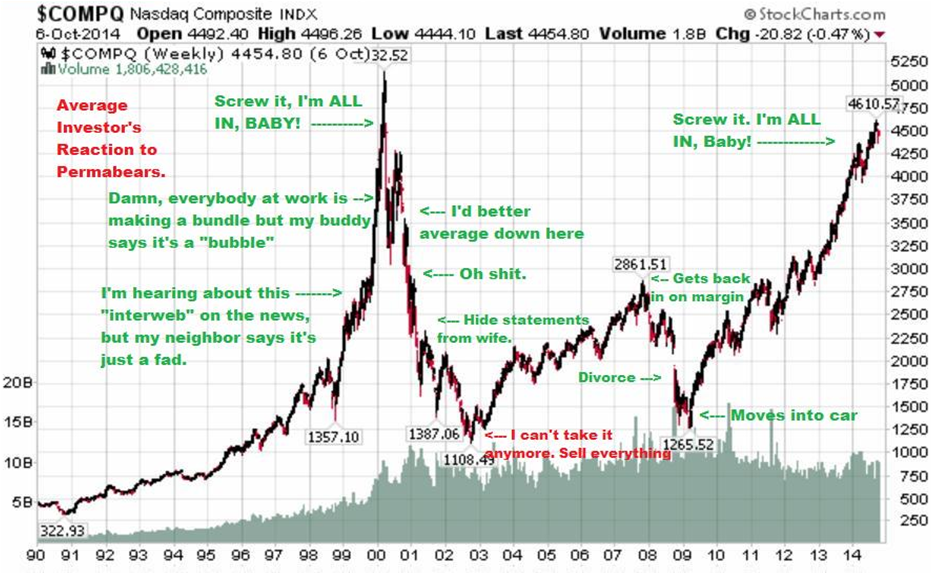Commercial property may be generally underrated as an investment class but not by those enjoying the dependable double-digit returns it can deliver.
It may not have the sizzle of an off-the-plan apartment purchase or a stock market play but commercial property investment, when done right, consistently outperforms its over-hyped competitors.
I hear misconceptions everyday about commercial property investment. Some people are worried about putting all their eggs in one basket. I reply, “You are only diversified when some of your investments perform worse than others.” Others say they would prefer to fully own their investment, not be a part-owner. However, with residential units, for example, you must comply with body corporate, you only own the air inside the walls, you do not own your entry door as it is common property, and you do not own your car park as it operates under a license. And on it goes.
A lot of people also say to me that they do not know enough about commercial property to invest in it. But many of these same people have never run an international mining company, a telecommunications company or a bank, but they still buy shares in BHP, Telstra and Westpac. So there are a lot of inconsistencies in the arguments against commercial property investment, and they also ignore the strong underlying fundamentals of this asset class.
Opportunities in commercial property
After more than 20 years of experience in the commercial property industry, I wanted to create something that I could invest my own family’s money in, a different model based on what I had learnt on property fundamentals, not financial engineering. My company, Sentinel, is an unlisted commercial property fund manager with a focus on opportunistic buying of non-core commercial property assets. Essentially, we buy what others do not want or do not see the inherent value in, and then work to maximise returns through hands-on management and value-adding. As they say in residential speak, buying ‘the worst house in the best street’.
These unlisted property funds pool investors’ money to buy large commercial property assets such as shopping centres, bulky goods and homemaker centres and industrial facilities. Distributions are paid monthly to investors from rental income, with the majority of tenants in the ASX200, and supplemented by special capital return payments on revaluations and capital growth returns on divestment. As a sign of the diversity of opportunities, we currently have 30 properties in our funds.
One of the key philosophies which I believe underpins successful commercial property investment is buying when others are not, because “if you do what everybody else does, you end up where everybody else is”. Good timing of investments is critical. Money is made by being a ‘first mover’ out in front of the pack and getting the fresh grass, rather than following the herd and getting the leftovers.
Mistakes in timing investments
The graph below is an amusing, but also accurate, insight into how people’s minds work when it comes to investing and specifically the timing of investment.

Source: www.stockcharts.com
The common mentality is that everyone likes to speak to someone else (a workmate, a relative or a neighbour) about investing to be sure that they are doing what everyone else is doing at the same time they are doing it. "Uncle Bob always gives quality advice at the Sunday BBQ!"
There is comfort in the herd but it doesn’t mean it is right. In fact, the opposite is usually true. As Warren Buffett says: “Be fearful when others are greedy and greedy when others are fearful.”
The dynamics of Australia’s commercial property market are rapidly changing, with a large weight of money chasing limited opportunities and driving down yields. The buying window of opportunity is fast closing, and the right assets are becoming increasingly difficult to secure at the right prices.
Hands-on active management of existing assets is essential to continually add value, maximise performance and, in turn, deliver consistent returns to investors. There is also the potential for strategic expansion into new styles of investment and alternate asset classes that still fall under the broad category of commercial property.
While buying at the right time is important, it is equally important to sell at the right time and at the right price. This can only be achieved by relentlessly reviewing assets and identifying and capitalising on opportunities to test market value and get the best possible results for investors.
Warren Ebert is the Managing Director of commercial property investment firm Sentinel Property Group which has funds under management approaching $700 million. www.sentinelpg.com.au. This article is general information and does not consider the individual needs of any investor, and does not constitute formal advice. Like all forms of property, commercial property has risks relating to the quality of the asset and leverage in the structure.